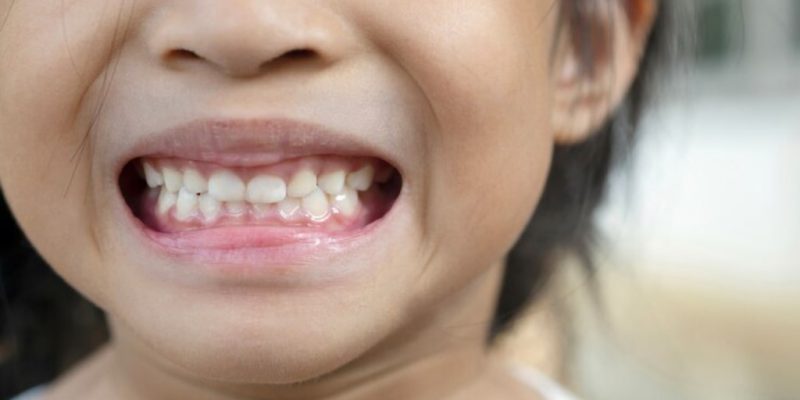- Max Super Speciality Hospital, Sector-128, Noida
- CLINIC : + 91 8076243481
Blog

Details
READING TIME
3 min
CATEGORY
Blog
AUTHOR
Dr. Praveen Kumar
5 Things About Baby Teeth Every Parent Should Know
Welcoming a new member to the family is a joyous occasion, and as parents, it's natural to want to ensure the best care for your little one. Baby teeth, also known as primary teeth, play a crucial role in a child's development and overall well-being. In this blog post, we'll explore five essential things every parent should know about baby teeth to promote good oral health from the start.
Timing of Eruption: Understanding the typical timeline for the eruption of baby teeth is key for parents. On average, the first tooth appears around six months, with a full set of 20 primary teeth typically emerging by the age of three. However, these timelines can vary. Some babies may start teething earlier or later than the average, so it’s essential to be attentive to your child’s unique developmental pace.
Importance of Baby Teeth: While baby teeth are temporary, they play a vital role in a child’s early years. They help with speech development, enable proper chewing for good nutrition, and serve as placeholders for permanent teeth. Neglecting the care of baby teeth can lead to issues like cavities and early tooth loss, which may affect the alignment of permanent teeth in the future.
Oral Hygiene from the Start: Establishing good oral hygiene habits early on is crucial for preventing dental problems. As soon as the first tooth emerges, it’s recommended to start cleaning it gently with a soft, infant-sized toothbrush. Using fluoride toothpaste in a small amount (appropriate for the child’s age) is generally recommended by dentists. Regular dental check-ups should commence around the age of one or as advised by your pediatric dentist.
Teething Discomfort: Teething is a natural process, but it can be uncomfortable for infants. Parents should be aware of common signs of teething, such as increased drooling, irritability, and a desire to chew on objects. Providing a clean, chilled teething ring or a cold, damp washcloth can help soothe the baby’s sore gums. Consult with your pediatrician if your child seems excessively uncomfortable during teething.
Preventing Early Childhood Cavities: Early childhood cavities, also known as baby bottle tooth decay, can occur when sugary liquids, such as milk or juice, are left on a baby’s teeth for an extended period. To prevent this, avoid putting your baby to bed with a bottle containing anything other than water. Additionally, limit sugary snacks and drinks, encourage regular sipping from a cup, and practice good oral hygiene to keep those baby teeth healthy.
About Us
Dr. Praveen Kumar is a distinguished professional who holds a Master’s Degree in Dental Surgery from Meerut University, he furthered his education with an MBA in Health Care Administration from FMS, Delhi University. Dr. Kumar is a Diplomat of the World Congress of Oral Implantology and a Fellow of both the Pierre Fauchard Academy and the International College of Dentists. Dr. Kumar is a Diplomat of the World Congress of Oral Implantology and a Fellow of both the Pierre Fauchard Academy and the International College of Dentists.
Information
- Developed By Online B2B Digital Technology © 2024 – All Rights Reserved
